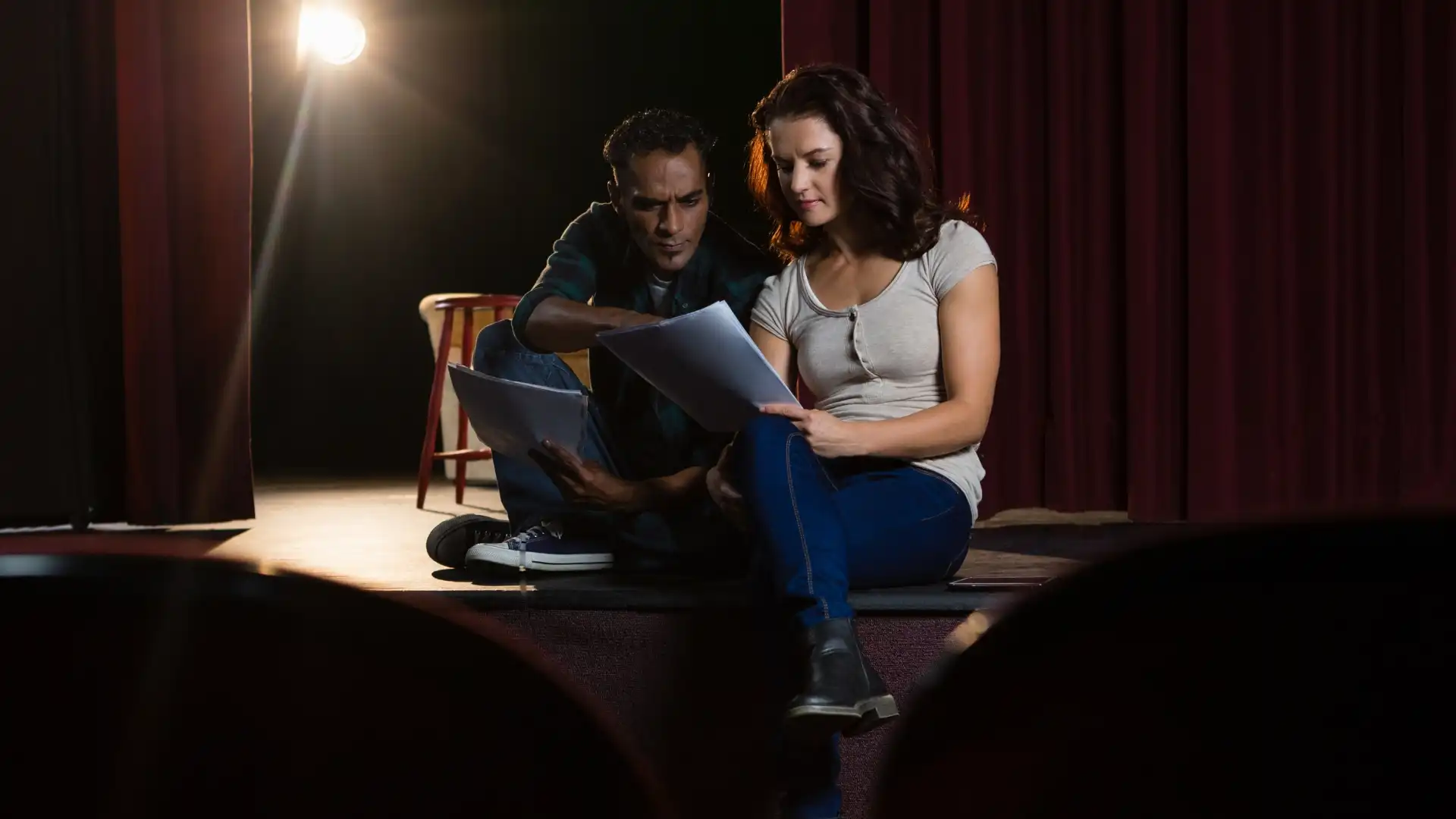In the world of television, the showrunner plays a crucial role in the success of a production. As the linchpin of a television series, a showrunner is responsible for overseeing the creative direction, budgeting, and overall management of the show. To become a successful showrunner, one must possess a unique set of skills and responsibilities that go beyond those of a traditional writer or producer.
This article aims to explore the key skills required for success as a showrunner. These include creative and storytelling abilities, budgeting and financial management skills, as well as networking and interpersonal skills. Furthermore, we will discuss the significance of collaboration, problem-solving, and leadership in this role. Whether you are an aspiring showrunner or merely interested in this exciting career path, this article will provide valuable insights into what it takes to excel in this critical role.
Creative Vision and Storytelling Skills
As a showrunner, having a creative vision and the ability to tell captivating stories is crucial. It is the showrunner’s responsibility to develop the show’s overarching concept and creative direction. This requires an in-depth comprehension of the story, characters, and world that the show portrays. Crafting a narrative that enthralls the audience and leaves them wanting more is also part of the showrunner’s duties.
The showrunner is the driving force behind the show and sets the tone for the entire production. It’s a delicate balance between satisfying the network’s or studio’s expectations while also staying true to the show’s unique voice. Ultimately, a skilled showrunner can take a great idea and turn it into a captivating and successful show that resonates with audiences.
Budgeting and Financial Management
Another key responsibility of the showrunner is budgeting and financial management. The showrunner is responsible for managing the budget for the production, ensuring that the show stays within budget and meets financial targets. This requires a strong understanding of the financial aspects of television production, including the costs associated with hiring talent, building sets, and special effects. The showrunner must be able to negotiate contracts and manage resources effectively to ensure that the show stays on budget.
Collaboration and Networking
Collaboration is another vital skill for a showrunner, both within and outside of the production team. It entails working closely with network or studio executives and other talents involved in the production, including actors. On the other hand, networking is also a critical component of a showrunner’s role, requiring the development of relationships with industry professionals and staying abreast of industry trends and developments. Achieving success in this area necessitates a thorough understanding of the television industry and the ability to navigate its intricate network of relationships and partnerships.
Adaptability and Resilience
As a showrunner, being adaptable and resilient in the face of challenges and setbacks is crucial. The television production industry can be tough and demanding, requiring a creative mind to handle the pressure and adapt to changing circumstances. Quick pivoting in response to new information or unexpected developments and maintaining a positive attitude even in the face of adversity are essential. It’s important to remember that every setback is an opportunity to flex your creativity and problem-solving skills. So, stay inspired, positive, and keep pushing forward!
Let Us Help You Navigate the Intricate Terrain of the Film & TV Industry
Indeed, the role of the showrunner is an essential force behind the success of any television series. To excel as a showrunner, one needs to possess a unique set of skills and responsibilities, including a creative vision and storytelling ability, financial management skills, leadership and management skills, collaboration and networking skills, as well as adaptability and resilience. Mastering these key skills can increase your chances of success and help you create captivating television that resonates with audiences. With passion, dedication, and a commitment to excellence, anyone interested in pursuing a career as a showrunner can make their mark in the world of television.
At Yellowbrick, we offer a Film & TV Industry Essentials Course that helps aspiring showrunners and other enthusiasts explore all facets of the television industry. This fully online program is taught by experienced industry professionals like Yahlin Chang, Executive Producer and Writer of The Handmaid’s Tale, Succession and Black-ish Director Kevin Bray, and NYU Tisch School of the Arts faculty members. The course offers an in-depth understanding of different aspects of the industry, from creative development and production to distribution and marketing.
Not only does this program provide practical guidance and tools for those aspiring to become showrunners – including developing a creative vision, managing a production budget, and collaborating with industry professionals – but it also places a strong emphasis on the significance of adaptability and resilience in the face of obstacles and setbacks. By enrolling in this program, you will acquire the knowledge and skills required to navigate the intricate and constantly evolving terrain of the television industry. Don’t wait any longer; apply now!








